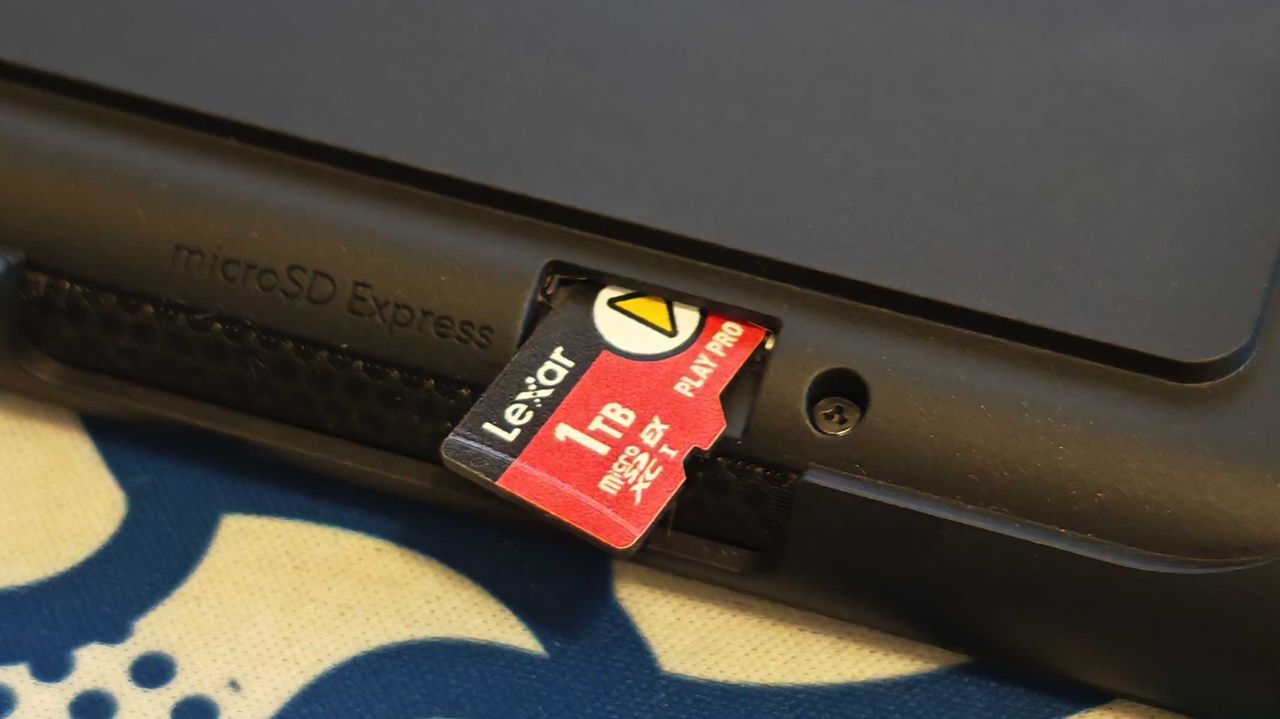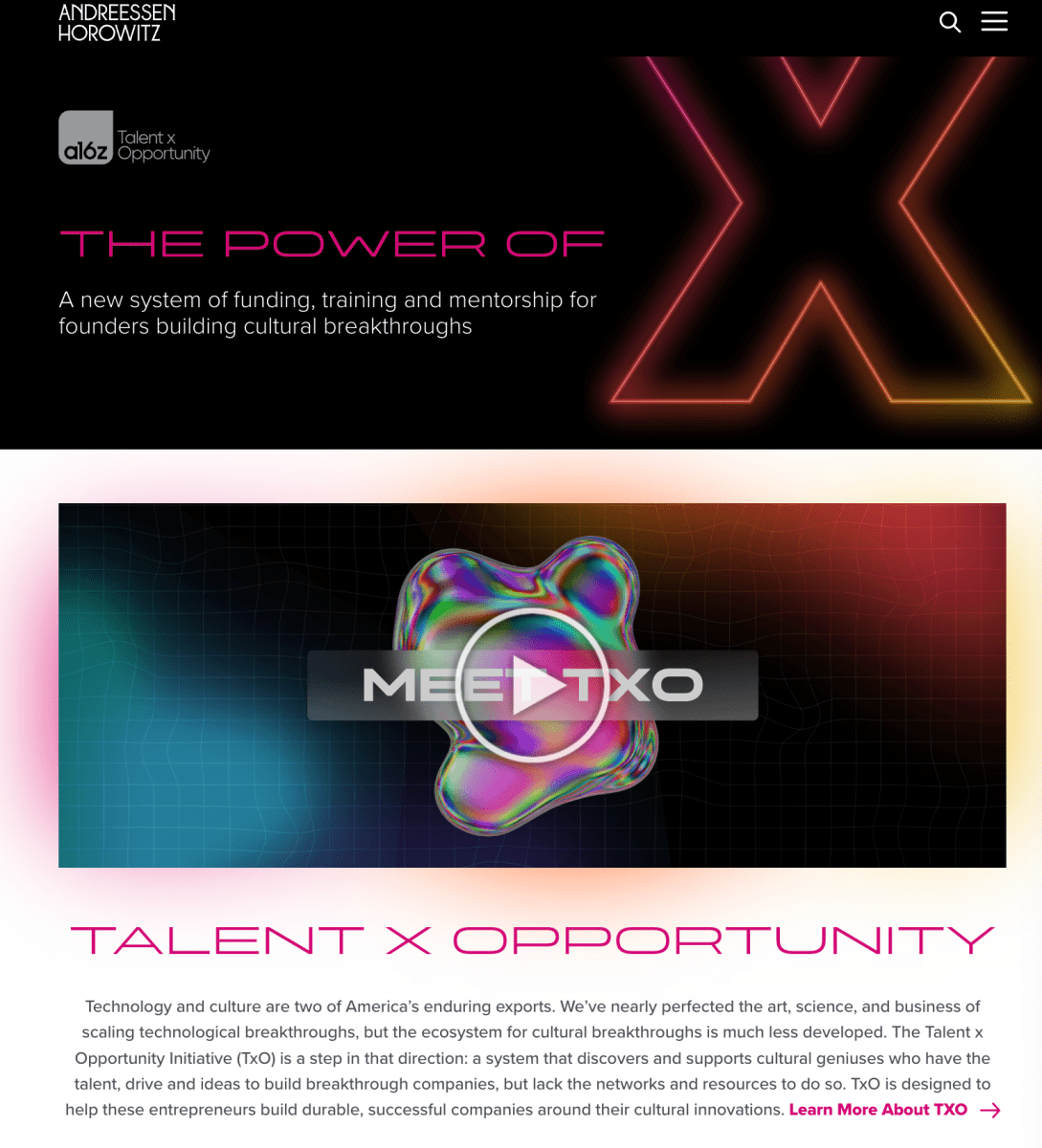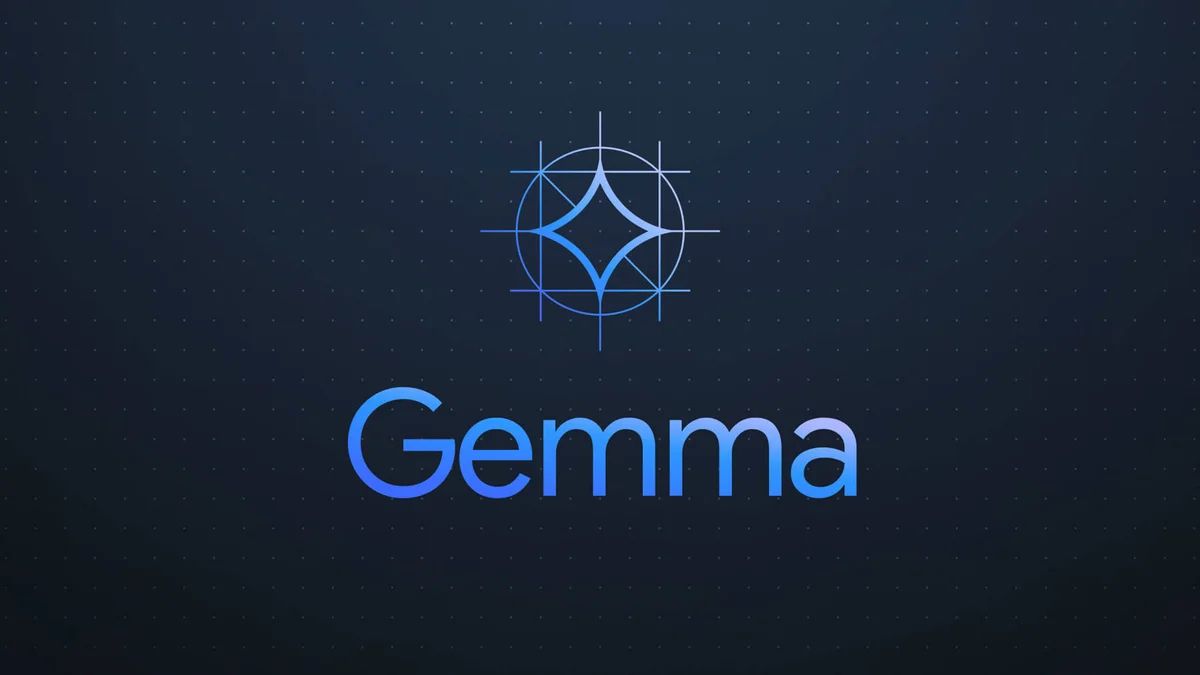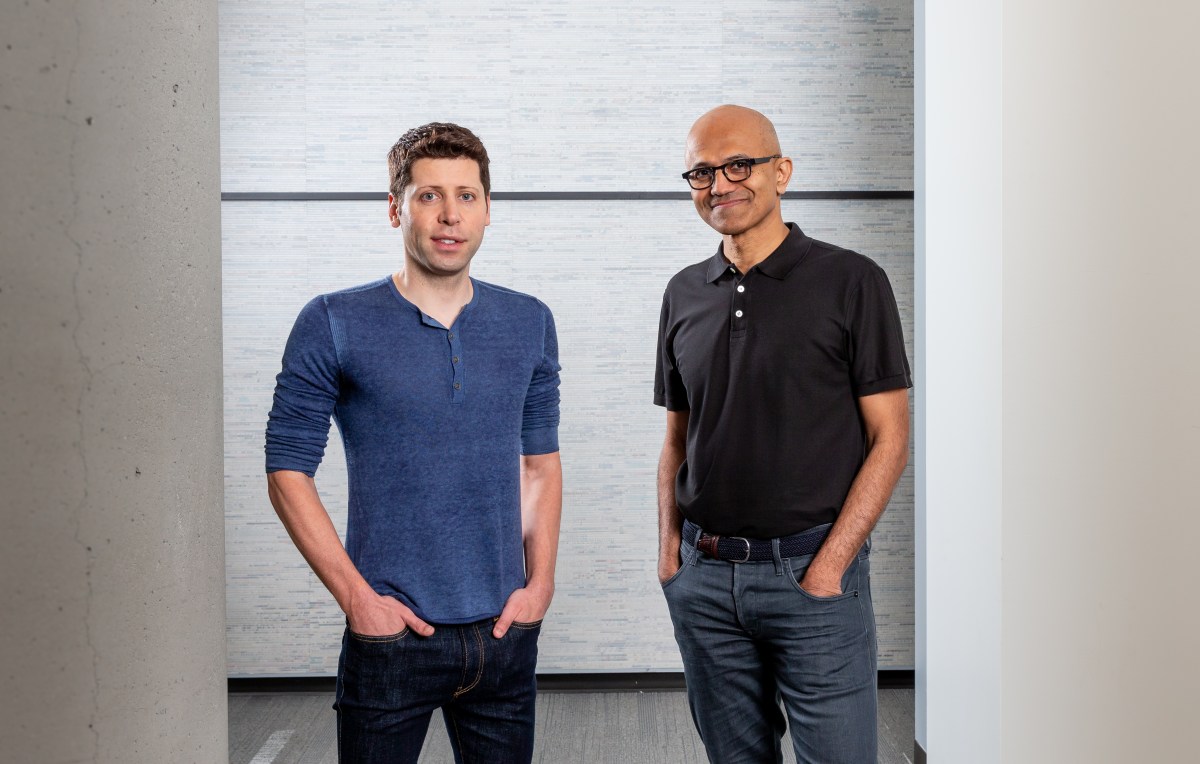
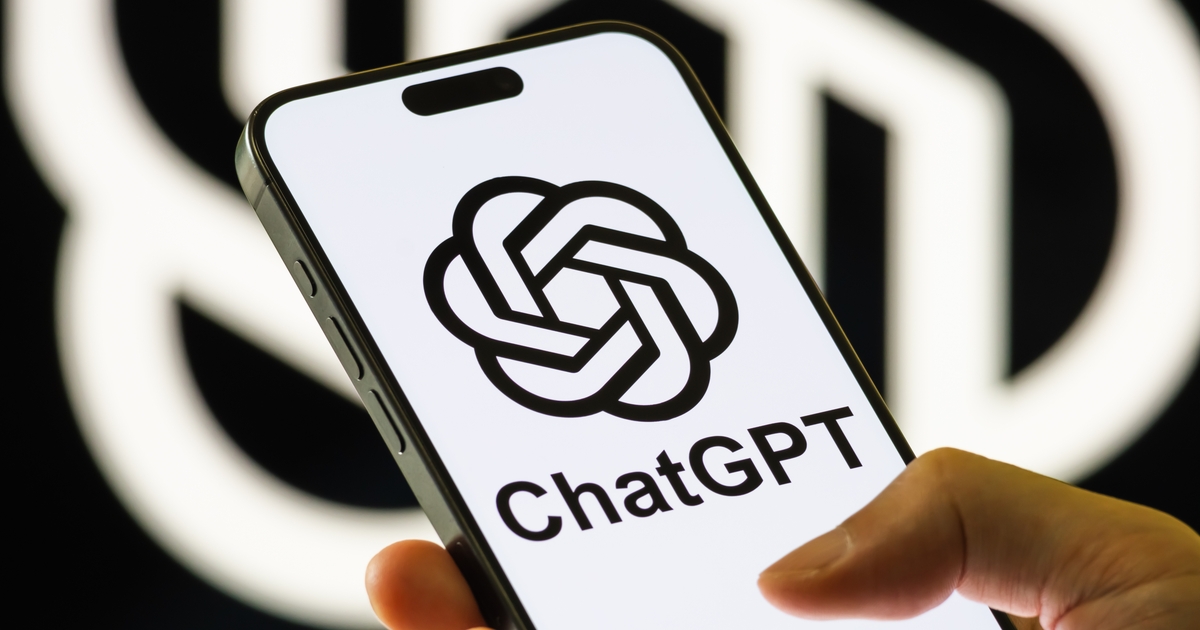
This story was updated 11/3/2025
AWS and OpenAI announced on Monday that they have entered into a $38 billion multi-year agreement, granting the generative AI vendor access to hundreds of thousands of Nvidia GPUs, as well as Amazon EC2 Ultra Servers.
According to AWS, clustering both chips will enable OpenAI to run workloads with optimal performance and serve inference for ChatGPT, as well as train the next generation of its generative AI models.
The deal comes a week after OpenAI revised its partnership with Microsoft, which remains OpenAI's biggest stakeholder, with a 27% share.
Under the new partnership terms, the ChatGPT creator is allowed to seek alliances with other companies, which it has already been actively doing. In the past few months, the vendor forged multibillion-dollar deals with Oracle and Nvidia. Meanwhile, a flurry of other recent AI dealmaking included Meta entering a $14.2 billion agreement for AI compute with neocloud vendor CoreWeave.
While OpenAI is expanding its horizons, Microsoft is also making its own deals. IREN revealed on Monday that it has signed a multiyear, $9.7 billion GPU cloud services contract with Microsoft. Under the agreement, IREN will provide Microsoft access to Nvidia GB300 GPUs over five years.
Superintelligence Cloud vendor Lambda also revealed that it has signed a multibillion-dollar agreement with Microsoft to deploy AI infrastructure that is powered by tens of thousands of Nvidia GPUs, including Nvidia GB300 NVL72.
These infrastructure deals accentuate a fast-moving and fast-growing trend in which generative AI model providers, hyperscalers and cloud GPU vendors are striving to diversify among each other.
"They're hedging their bets and spreading the chips around the table," said Mark Beccue, an analyst at Omdia, a division of Informa TechTarget. "A little bit here, a little there. Not a little bit. A lot here, a lot there."
For OpenAI specifically, its deal with AWS provides even more evidence of its multicloud strategy. That push started before establishing new terms with Microsoft, including a $300 billion multiyear deal with Oracle forged in September.
"This is a validation and proof from their point of view no single cloud provider can deliver the compute," said Nick Patience, an analyst at the Futurum Group.
But AWS benefits from the deal, too. The agreement with OpenAI gives it a generative AI customer beyond Anthropic. It also places an importance on AWS' workflow and its fabric technologies such as its Nitro System, according to Torsten Volk, an analyst at Omdia.
"By improving Nitro and its hypervisor platform, AWS can increase its benefit from this type of infrastructure deal," Volk said. "As VCs aren't looking kindly upon large Capex projects, OpenAI really has no choice but to strike these types of partnerships all across the industry."
Microsoft, too, is leaning on partnerships in an attempt to gain access to GPUs, although how it will use those GPUs is still a question. Its agreements this week with IREN and Lambda might be an attempt to fulfill its commitment to OpenAI, Patience said. The deals might also be a way for Microsoft to have enough GPUs so that it will have the compute power to train its models, he added.
"[Microsoft has] not been at the forefront of models: training and development," Patience said. "It's certainly done some, but it's not out there like OpenAI has been or Anthropic, and Mistral and the others."
Nvidia Emerges as the Big Winner
A common thread in all these agreements, however, is a desire for GPU capacity.
"Both deals focus on access to massive numbers of GPUs, making Nvidia the designated winner, without even being directly involved in the transactions," Volk said.
Plus, the deals signal that GPUs will continue to be important for AI workloads, he said, adding that hyperscalers and model makers such as OpenAI have no choice but to form these kinds of partnerships.
"All in all, striking these deals is without an alternative for both, the hyperscalers and the AI companies, as investors and shareholders will not be all too forgiving to any of them missing out on the big AI gold rush," he said.
OpenAI also faces another challenge in figuring out on how to be profitable as it tries to fulfill its strategy, Beccue said.
"What's the longevity of an OpenAI based on their business models and I'm still curious as to what that's going to be over where you get revenue positive," he said.
.png)

